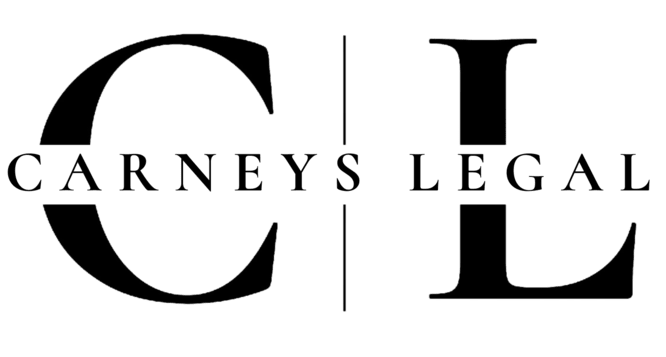A common structure for individuals to run a business is through a private company. While there are commercial benefits to incorporating a company to operate your business or to hold assets, directors often breach their legal duties in the management of the company’s affairs.
An extremely common issue that arises in companies is where the directors of the company conduct its affairs in a way that is oppressive to minority shareholders. This is known simply as “oppression”, and when it occurs it can have serious consequences for the company, its directors and its shareholders.
As expert insolvency lawyers Sydney, Carneys Lawyers frequently advise parties in respect of all aspects of oppression proceedings.
Remedies in oppression proceedings
The two most common remedies for oppression are a winding up of the company or a buy-out order whereby one shareholder is ordered to purchase another shareholder’s shares. Usually the majority shareholder seeks to buy out the minority shareholder.
The decision of the New South Wales Court of Appeal in Snell v Glatis (No 2) [2020] NSWCA 166 saw a successful appeal from the primary judge’s orders for a compulsory buy-out of an oppressed minority’s shareholdings in a group of companies. The Court of Appeal found that the appropriate remedy was that the company be wound up.
At first instance the primary judge determined that, on the basis that a winding up was a remedy of last resort, the appropriate order was for the majority to purchase the minority’s shares for the sum of $66 million. A problem arose when the defendant was unable to raise the funds required to comply with the order.
The Court of Appeal considered a previous judgment where the following principles can be applied:
- Oppression can be cured by the oppressor being ordered to acquire the oppressor’s shares at fair value;
- The share buy-out order should seek to put the company back on the rails and avoid the causes of conflict between the parties;
- Compared to a share buy-out, winding up should be seen as a last resort; and
- Winding up a profitable and operating company is an extreme step and requires a solid case to be made.
However, the Court of Appeal took these principles further and found that in circumstances where the corporate assets were substantially realisable and there was minimal active trading, many of the principles against ordering winding up did not apply.
Given the impracticality of the defendant complying with the buy-out order and the facts that the assets were substantially realisable and there minimal active trading, Their Honours held that the primary judge erred in exercising her discretion to make a buy-out order.
The purpose to be achieved by a buy-out order is to return to a minority shareholder the value of his, her or its shareholding. In this case, winding up was a realistic means of securing the respondent’s share of the value of the relevant corporate group, which would also prevent ongoing oppression.
Takeaways for parties in oppression disputes
While providing some clarity surrounding when a winding up order is an appropriate remedy, this case confirms that any relief in oppression proceedings must be carefully considered on case-by-case basis. Such consideration requires assessing whether the defendant can practicably comply with a buy-out order and what the structure of the company’s business is.
It is also possible that when dealing with the sale of assets (particularly real property) the Court would consider market conditions in determining whether a winding up is an appropriate remedy.
Carneys Lawyers are expert insolvency lawyers Sydney and can guide you through all aspects of oppression proceedings, including the complex issue of what the appropriate remedy is. If you are involved in a shareholder dispute, get in touch today.

